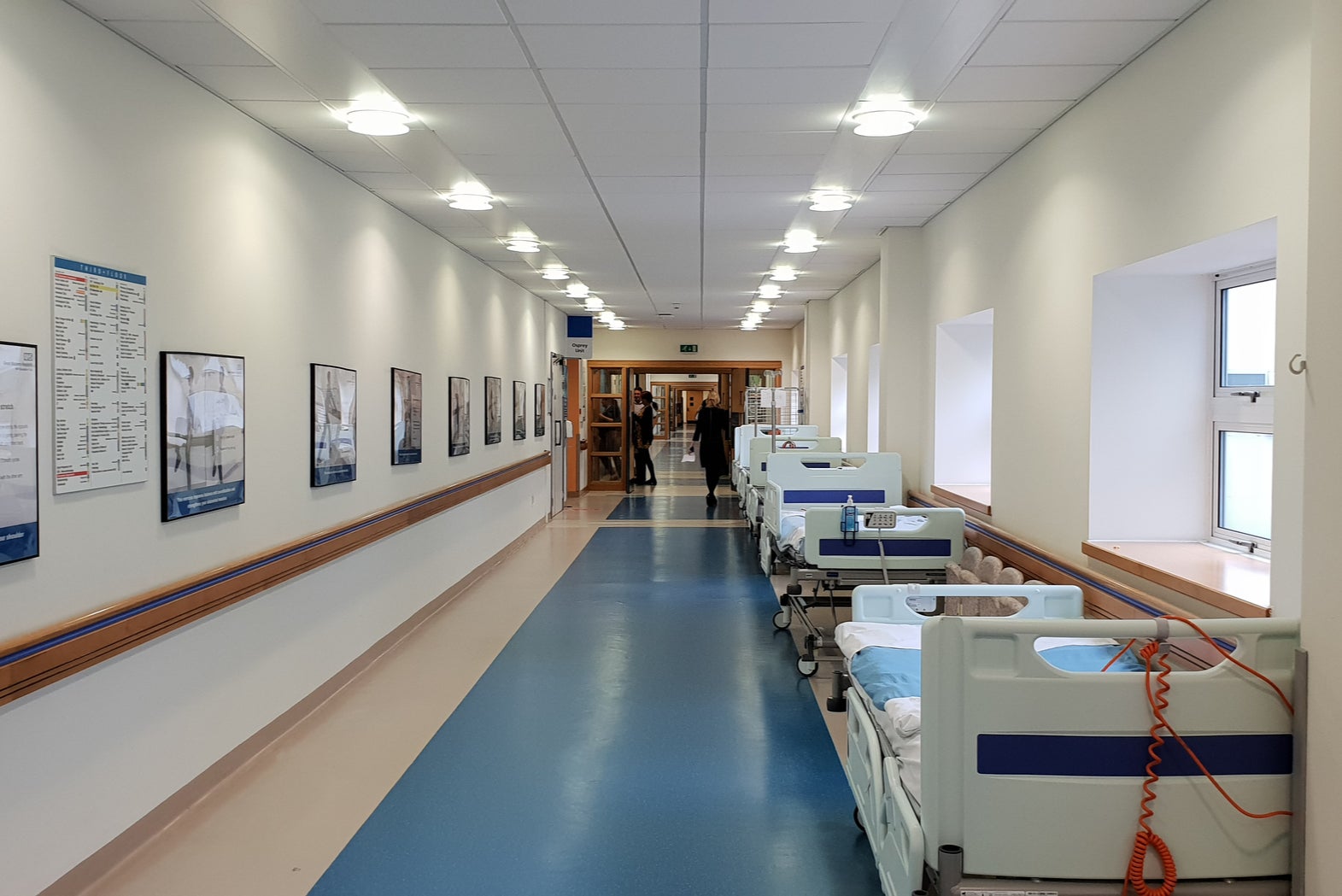
All mental health workers for the UK’s National Health Service (NHS) claim to experience incidents of verbal or physical aggression at least once a week, and NHS staff surveys show that these incidents are increasing – a recent survey found that 15% of NHS workers have experienced violence in the past 12 months, which was the highest recorded figure in the past five years.
However, recent trials of body-worn cameras have shown that the technology can “significantly reduce” the severity of these incidents occurring, helping NHS workers to feel safer while on the job.
Study finds body worn cameras reduce severity of aggressive incidents
The latest study, conducted independently by the West London Trust (WLT), saw nursing staff across seven mental health wards in West London provided with 50 cameras to wear during working hours over a four month period.
The study concluded that while the use of body worn cameras didn’t lead to a significant reduction in the number of incidents, it did help to reduce their seriousness when they did occur.
Incident frequency fell from 216 to 208 when comparing the test period to the same period a year earlier. However, there was a 71% decline in the use of tranquilising injections during incidents where it was necessary to restrain patients.
“The changes after BWC introduction across all 7 of the WLT MH [mental health] wards in this pilot study are encouraging,” Tom Ellis of the Institute of Criminal Justice Studies at the University of Portsmouth, who was also the lead author of the study, said. “The number of the most serious incidents, ie, those requiring constraint by use of tranquilising injections, was significantly reduced.”
How well do you really know your competitors?
Access the most comprehensive Company Profiles on the market, powered by GlobalData. Save hours of research. Gain competitive edge.

Thank you!
Your download email will arrive shortly
Not ready to buy yet? Download a free sample
We are confident about the unique quality of our Company Profiles. However, we want you to make the most beneficial decision for your business, so we offer a free sample that you can download by submitting the below form
By GlobalDataSome 86% of workers at the facilities where the study took place concluded that the use of body-worn cameras help to reassure both staff and patients that they are safe.
Following the publication of the study, Stephanie Bridger, director of nursing and patient experience at WLT, has confirmed that the trust plans to roll out the use of body-worn cameras throughout the trust as a result of the findings.
Not only will this help to improve safety in mental health facilities, but it will also free up time for nurses that is taken up dealing with these incidents. Some 87% admitted that they currently spend a “considerable” portion of their shift dealing with aggressive behaviour, and 80% admitted that this gets in the way of the job that they should be doing, such as providing healthcare.
Growing support for body worn cameras in healthcare
The WLT study supports evidence found by previous studies that the use of body worn cameras can help to reduce aggressive incidents against healthcare providers for patients with mental health issues.
A 2017 study conducted by the Northamptonshire Healthcare NHS Foundation Trust (NHFT) alongside body camera supplier Calla, saw 60 staff on five wards trial the use of body worn cameras.
Feedback collected from staff and patients through focus groups and questionnaires showed overwhelming support for the use of the technology. Some 83% of patients surveyed felt that body worn cameras were beneficial on mental health wards, with the main benefit being improved safety for both staff and patients.
The full findings from the West London Trust study have been published in the Mental Health in Family Medicine journal.
Read more: Could chief clinical AI officers help the NHS to save more lives?




